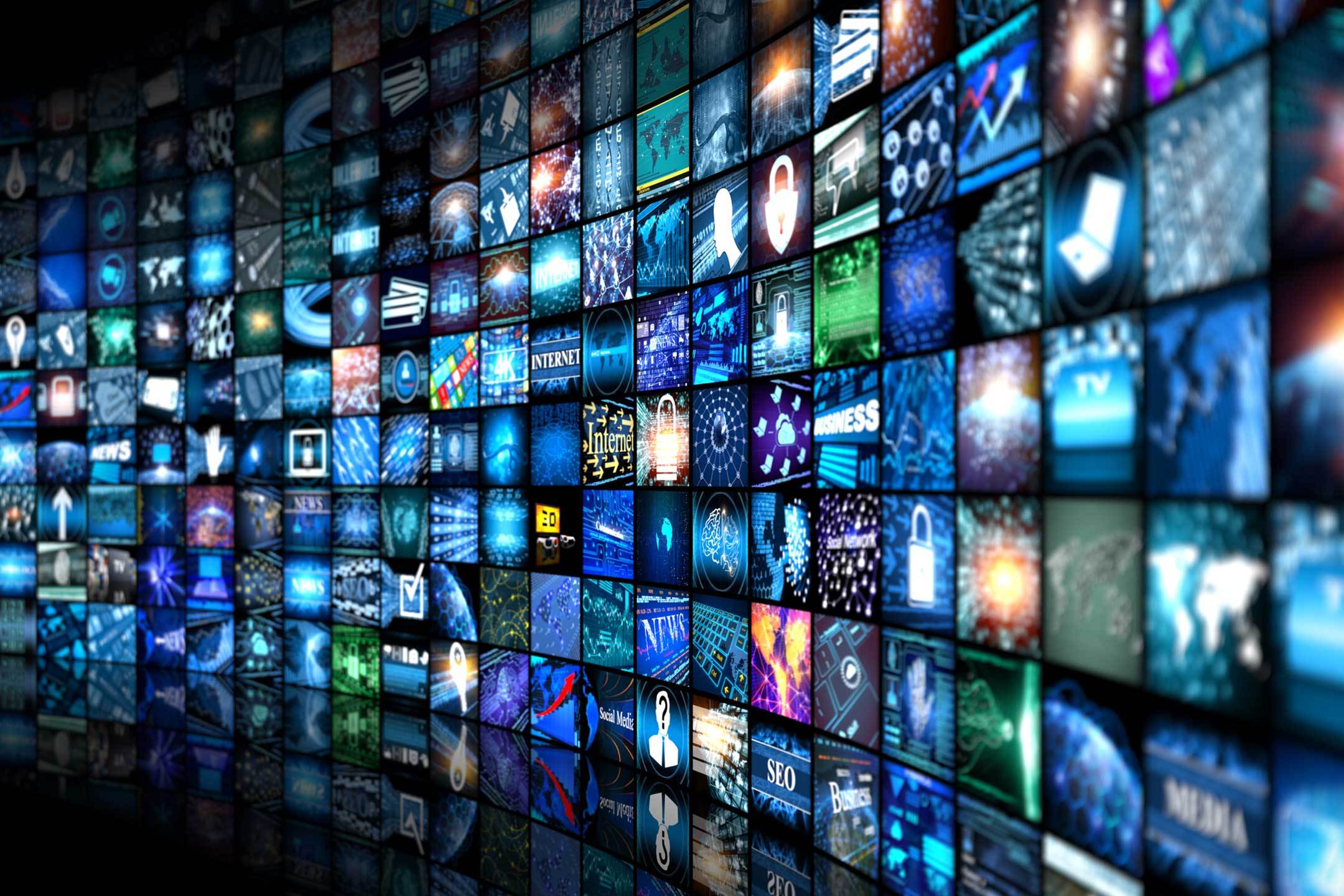Understanding Language Use in Dubai: A Guide for Visitors and Residents
Introduction: Language Diversity at the Heart of Dubai
Dubai stands as a vibrant metropolis and a crossroads of global cultures. Its rapid growth as a commercial, tourism, and business hub has led to an extraordinary mix of languages spoken daily. Understanding this linguistic diversity is crucial for effective communication and cultural immersion, whether you are visiting for leisure, planning to do business, or considering relocation. This guide explores the languages most commonly spoken in Dubai, provides actionable advice for navigating the city linguistically, and offers insights into leveraging Dubai’s multilingual environment for personal and professional success.
The Official Language: Arabic
The official language of Dubai and the United Arab Emirates (UAE) is Arabic . This is used in all government affairs, legal proceedings, and is the primary medium of instruction in public schools. Modern Standard Arabic is taught in schools, while Emirati Arabic-a local dialect of Gulf Arabic-is spoken among native Emiratis in daily life. This dialect features unique vocabulary and pronunciation, distinguishing it from other regional Arabic varieties [5] . Arabic is also used in religious, traditional, and cultural contexts, preserving Emirati heritage and identity [3] .
Practical Application
While official paperwork, legal documents, and government websites are in Arabic, English translations are frequently provided. If you need to interact with government services, being familiar with basic Arabic phrases or seeking translation support can be beneficial. In less touristy areas or official contexts, a translation app or guidebook may help bridge communication gaps [2] .
English: The Common Denominator
English is widely spoken and understood in Dubai . It serves as the main language in business, tourism, retail, and international schools. Most signs, menus, and public notices are bilingual (Arabic and English), making the city highly accessible to English-speaking visitors and expatriates [1] . English is the default language in many multinational companies, hotels, restaurants, hospitals, and shopping malls [2] .
Examples and Use Cases
If you check into a hotel, order at a restaurant, use public transportation, or shop in Dubai’s malls, you can expect staff to communicate fluently in English. Many property consultants, business professionals, and service providers are multilingual, but English remains the lingua franca for international communication [1] .
Step-by-Step Guidance for Non-Arabic Speakers
1. If you are visiting, you can confidently navigate Dubai using English for nearly all services. 2. For official documentation or legal matters, request English forms or ask for translation assistance. 3. If you encounter a language barrier in smaller shops or neighborhoods, try simple English words or use a translation app. 4. Consider learning a few basic Arabic greetings for cultural appreciation-these are often welcomed by locals [2] .

Source: snexplores.org
Multiculturalism: Other Languages Spoken in Dubai
Dubai’s extraordinary diversity is reflected in its multilingual environment. With over 85% of its population comprised of expatriates, the city is home to vibrant communities from South Asia, the Philippines, Iran, and beyond. As a result, languages such as Hindi, Urdu, Tagalog, Malayalam, Bengali, Farsi, Pashto, and Chinese are commonly heard [1] [5] .

Source: frederickinterpreting.com
Community Language Hotspots
Certain neighborhoods and business districts cater to specific linguistic communities. For example, Karama and Bur Dubai feature many South Asian businesses and services, where Hindi and Urdu are widely spoken. Al Satwa and Deira have a strong Filipino presence, making Tagalog prevalent. Iranian businesses and cultural centers use Farsi. This linguistic diversity means you may find shops and community centers with staff fluent in your native language, providing a sense of belonging and comfort for new arrivals.
Using Language to Succeed in Dubai
For those seeking to expand their network, do business, or settle in Dubai, understanding its linguistic landscape is a strategic advantage. Here’s how you can leverage language for success:
1. Business and Networking
Business is primarily conducted in English, but showing respect for local customs by learning a few Arabic phrases can help build rapport. In multicultural workplaces, being able to greet or interact in the languages of colleagues or clients (such as Hindi, Urdu, or Tagalog) demonstrates inclusiveness and adaptability.
2. Education and Schools
Public schools use Arabic as the main language of instruction, but numerous private and international schools offer education in English, French, or other languages. Parents should research accredited institutions and inquire directly about language policies, curricula, and admission processes. You can contact schools or educational consultants for current offerings and requirements.
3. Accessing Services and Resources
Government offices, hospitals, banks, and public services usually have staff who speak both Arabic and English. For more specialized services, such as legal assistance or property consultation, many firms have multilingual experts. To find a professional who speaks your language, consider searching for agencies or companies with multicultural teams or consulting directories and reviews. If you require translation or interpretation services, search for “certified translation services Dubai” or contact professional associations for referrals.
Overcoming Language Barriers: Tips and Tools
While Dubai is welcoming to English speakers, you may still encounter situations where language is a challenge. Here are some strategies to ensure smooth communication:
- Download a reliable translation app for your smartphone.
- Learn a few basic words and phrases in Arabic, Hindi, or Tagalog, depending on your needs.
- Use visual aids, gestures, or written notes when spoken language fails.
- Inquire if multilingual staff are available when making appointments or reservations.
If you are looking for legal, medical, or government services, always request clarification in your preferred language. Many organizations provide brochures and forms in multiple languages, especially English and Arabic.
Alternative Pathways and Resources
If you need to access specialized services in a particular language, consider:
- Contacting embassies or cultural centers, which may offer translation or support services to their nationals.
- Joining expatriate community groups-these often have online forums or social media pages where members share recommendations and advice for navigating language issues in Dubai.
- Consulting professional associations or business chambers that represent your linguistic or cultural community.
For official government transactions, visit the respective agency’s official website or call their helpline for information on multilingual support.
Key Takeaways
Arabic remains the official language of Dubai, preserving the city’s heritage and identity. However, English is the most widely used language in daily life, business, and tourism, making the city accessible for international visitors and residents. A multitude of other languages are spoken due to Dubai’s diverse expatriate population. Adapting to this multilingual environment can enhance your experience and open up new opportunities in work, education, and community life.
References
- [1] Fäm Properties (2024). What language is most commonly spoken in Dubai?
- [2] Firebird Tours (2025). Language – The Culture and Traditions of the UAE
- [3] PoliLingua (2025). Mapping the Official Languages of the UAE: Diversity and Multilingualism
- [4] Imminent/Translated Research Center. United Arab Emirates: Language Data
- [5] Encyclopaedia Britannica (2025). United Arab Emirates – Arabic, Islam, Bedouin



